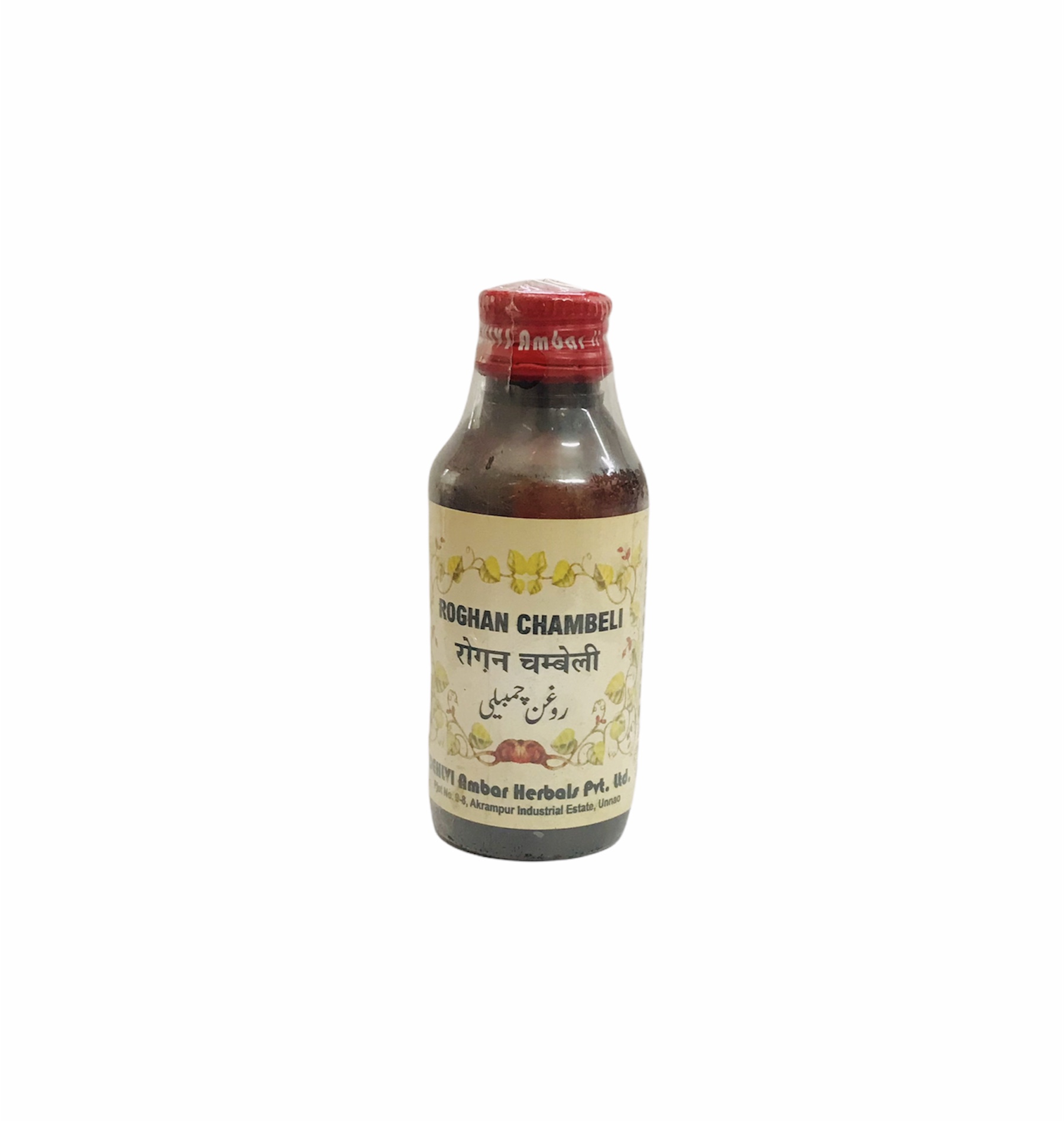- Home
- About us
- Herbalism
- Product
- Disease Category
- Cardiovascular Disorders
- Endocrine System Disorders
- Eye Disorders
- Gastrointestinal Tract Disorders
- Gynaecological Disorders
- Hair Disorders
- Male Sexual Dysfunction
- Musculoskeletal Disorders
- Nervous System Disorders
- Respiratory System Disorders
- Skin Disorders
- Urinary System Disorders
- Venereal Diseases
- Dealer
- Catalogue
- Price List
- Faq's
- Contact us
Disease
- Cardiovascular Disorders
- Endocrine System Disorders
- Eye Disorders
-
Gastrointestinal Tract Disorders
-
- ■Abdominal Distention
- ■Adiposity
- ■Anorexia Nervosa
- ■Biliousness
- ■Bloating
- ■Burning Sensation in the Chest
- ■Cellulite
- ■Cirrhosis
- ■Colic
- ■Colitis
- ■Constipation
- ■Constipation
- ■Croup
- ■Cystitis
- ■ Dandruff
- ■Depressed Libido
- ■Depression
- ■Diabetes Mellitus
- ■Diarrhoea
- ■Diverticulitis
- ■Dysentery
- ■Flatulence
- ■Gastritis
- ■General Debility
- ■Halitosis (Bad Breath)
- ■Heartburn
- ■Heaviness after Meals
- ■ Hepatitis
- ■ Hepatomegaly
- ■Hyperacidity
- ■Indigestion
- ■ Intestinal Worms
- ■Irritable Bowel Syndrome (IBS)
- ■Jaundice
- ■ Lack of Appetite
- ■Liver Dysfunction
- ■Motion Sickness
- ■Nausea
- ■Obesity
- ■ Piles
- ■Sluggish Liver
- ■Spleen Dysfunction
- ■Splenitis
- ■Splenomegaly
- ■Stomachache
- ■Travel Sickness
- ■ Ulcers
- ■Vomiting
- ■Weakness of Digestive System
- ■Oedema
-
-
Gynaecological Disorders
-
- ■Amenorrhoea
- ■Dysmenorrhoea
- ■Frigidity
- ■Hysteria
- ■Infertility
- ■Leucorrhoea
- ■Menopausal Changes
- ■Menorrhagia
- ■Metritis
- ■Metrorrhagia
- ■ Osteoporosis
- ■ Premenstrual Syndrome (PMS)
- ■Prolapse of Uterus
- ■Sterility
- ■Suppressed Post-partum Lactation
- ■Under-developed Breasts
- ■Uterine Weakness
- ■Vaginal Pruritus
-
- Hair Disorders
-
Male Sexual Dysfunction
-
- ■Azoospermia
- ■Depressed Libido
- ■Erectile Dysfunction
- ■Exhaustion after Coitus
- ■Hydrospermia
- ■ Infertility
- ■Lack of Penile Growth
- ■Lassitude (Lethargy)
- ■ Nocturnal Emission
- ■Oligospermia
- ■Poor Erectile Power
- ■Premature Ejaculation
- ■ Seminal Debility
- ■Sexual Debility
- ■Sexual Neurasthenia
- ■Sexual Weakness in the Elderly
- ■Spermatorrhoea
- ■Weakness of Male Sexual Organ
- ■Sterility
-
- Musculoskeletal Disorders
-
Nervous System Disorders
-
- ■Amnesia (Impairment of Memory)
- ■Cerebral Atony
- ■Epilepsy
- ■Haemorrhage
- ■ Headache
- ■Hyperactivity in Children
- ■ Infantile Epilepsy
- ■Insanity
- ■Insomnia
- ■Lack of Concentration
- ■Melancholia
- ■Migraine
- ■Muscular Tremor
- ■Nervous Breakdown
- ■Nervous Debility
- ■ Nervousness
- ■Neuralgia
- ■Premature Aging
- ■ Restlessness
- ■Schizophrenia
- ■Senility
- ■Speech & Language Disorder
- ■ Stress
- ■Tension
- ■Weakness of Nerves
- ■Paralysis
- ■Chorea
- ■ Facial Paralysis
- ■Sore Throat
- ■Spasmodic Cough
-
- Respiratory System Disorders
- Skin Disorders
- Urinary System Disorders
- Venereal Diseases
Search
Product
- Home/
- Product Details
.jpg)
Shugar-No
Produces the most beneficial results in treating diabetes mellitus and diabetes insipidus. It enhances the production of insulin in the pancreas, normalises the sugar levels in the blood of diabetic, checks polyuria and is destroyer of glycosuria and other urinary diseases. Strengthens the urinary bladder and is useful in incontinence of urine.
COMPOSITION :
Each 500 mg. pill contains:
Papaver somniferum Latex (Afeem) 13 mg.
Ovi testa Calx (Kutkutantak Bhasma) 17.5 mg.
Ferroso-Ferric Oxide Calx (Khabul Hadid Bhasma) 17.5 mg.
Corallium rubrum Calx (Pravala Bhasma) 17.5 mg.
Cyprae moneta Calx (Sadaf Bhamsa) 17.5 mg.
Plumbum Calx (Sisa Bhasma) 17.5 mg.
Gymnema sylvestre (Gurmar) 26 mg.
Punica granatum Rind (Anar ) 53.5 mg.
Asphaltum Purified (Shilajit) 53.5 mg.
Eugenia jambolana Seeds (Jamun Gutli) 53.5 mg.
Ficus recemosa (Gular) q.s.
INDICATIONS : Diabetes Insipidus, Diabetes Mellitus, Glycosuria, Incontinence and Polyuria.
CONTRAINDICATIONS : None
SIDE EFFECTS : None
DOSAGE : 2 pills in the morning and evening with water.
DIETARY ADVICE : Many people still believe that eating too much sugar causes diabetes. This misconception arises because diabetes is diagnosed by measuring blood sugar (glucose). But dietary sugar is only part of the picture. According to two recent Harvard studies, a diet rich in certain high-carbohydrate foods -- those low in fiber and with a high glycemic index --increases the risk of Type 2 diabetes, at least in those predisposed to it.
Men and women whose diet have a high glycemic index and low fiber content more than doubled their chance of developing diabetes. Foods that seemed to pose the greatest risk are white bread, white rice, potatoes, and sugary soft drinks. In contrast, whole-grain breads and cereals (rich in fiber and with a lower glycemic index) appear to reduce the risk of diabetes. Fruits and vegetables don't seem to have an effect, good or bad.
Excessive amounts of carbohydrate-rich foods with a high glycemic index puts pressure on the pancreas to produce more of the hormone insulin, which stimulates the body\'s cells to take in and store glucose. Over time, the body may become resistant to insulin. In such insulin-resistant people, the cells become less and less sensitive to insulin. This is characteristic of Type 2 diabetes. Of course, not everyone on such a low-fiber, high-starch diet develops diabetes. There seems to be a genetic predisposition to diabetes, which may be exacerbated by this kind of diet.
Obesity is probably the leading risk factor for Type 2 diabetes. Family history of the disease, advancing age, and lack of exercise are other important factors.
The mineral magnesium has a protective effect against diabetes. A few studies have suggested that this mineral improves insulin sensitivity. But since whole grains are rich in magnesium, it\'s hard to say whether the proposed benefit is due to something else in the grain (notably its fiber) or the mineral.
PRESENTATION : In packs of 80 Pills.
Related Products
Subscribe to our newsletter
Address
-
40, 153, Meston Rd, Mulganj Chauraha, General Ganj, Kanpur, Uttar Pradesh 208001
-
+91-9335-790-653







































.jpg)






























.jpg)













































.jpg)







.jpg)









.jpg)




















.jpg)















































































































































































